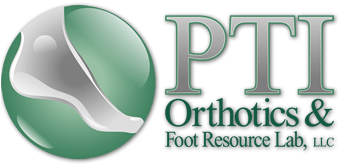Peripheral Neuropathy Condition
Peripheral neuropathy is the general term that refers to the deterioration of peripheral nerves. The peripheral nervous system is made up of the nerves that branch out of the spinal cord to different parts of the body. Peripheral neuropathy is a relatively common neurological disorder that results from damage to the peripheral nerves. It can be caused by a number of diseases of the nerves or be the result of systemic illnesses. Many of the peripheral neuropathies have a well established cause such as AIDS, diabetes, alcoholism, or nutritional deficiencies.
Symptoms of peripheral neuropathy: The peripheral nervous system consists of motor (to help move) nerves and sensory (to help feel) nerves. Either or both sets of nerves can be affected in neuropathy. If a sensory nerve is damaged, the predominant symptoms are pain, numbness, tingling, burning or a loss of feeling. They often begin gradually. There may be a tingling sensation or numbness that starts in the toes and/or the balls of the feet and spreads upward. Occasionally the skin may become so sensitive that the slightest touch is agonizing. There may also be numbness, or a complete lack of feeling in the feet. At times the symptoms may be barely noticeable and at other times, especially at night, they may be almost unbearable. The symptoms may also include a sensation that you’re wearing an invisible glove or sock; a burning or freezing pain; sharp, jabbing or electric pain; and an extreme sensitivity to touch. If the motor nerves are damaged there may be a weakness or paralysis of the muscles controlled by the affected nerve(s). In the foot their may be a ‘wasting’ of the muscles as they do not work as well as before.
A loss of ability to feel pain and other sensations which puts the foot at risk of being damaged and not knowing about it This can lead to infection and possible amputation.
When purchasing shoes the utmost care must be taken to assure a proper fit. A small blister from ill fitting shoes can cause serious problems. The risk of ulceration (tissue breakdown) is the largest concern with improperly fit shoes or orthotics. The patient must have their shoes fitted and orthotics made by a trained professional. Custom orthotics can provide even pressure distribution on the bottom of the foot reducing the chance of ulceration. Custom orthotics and or shoes are also used to off weight pressure or at risk areas.

